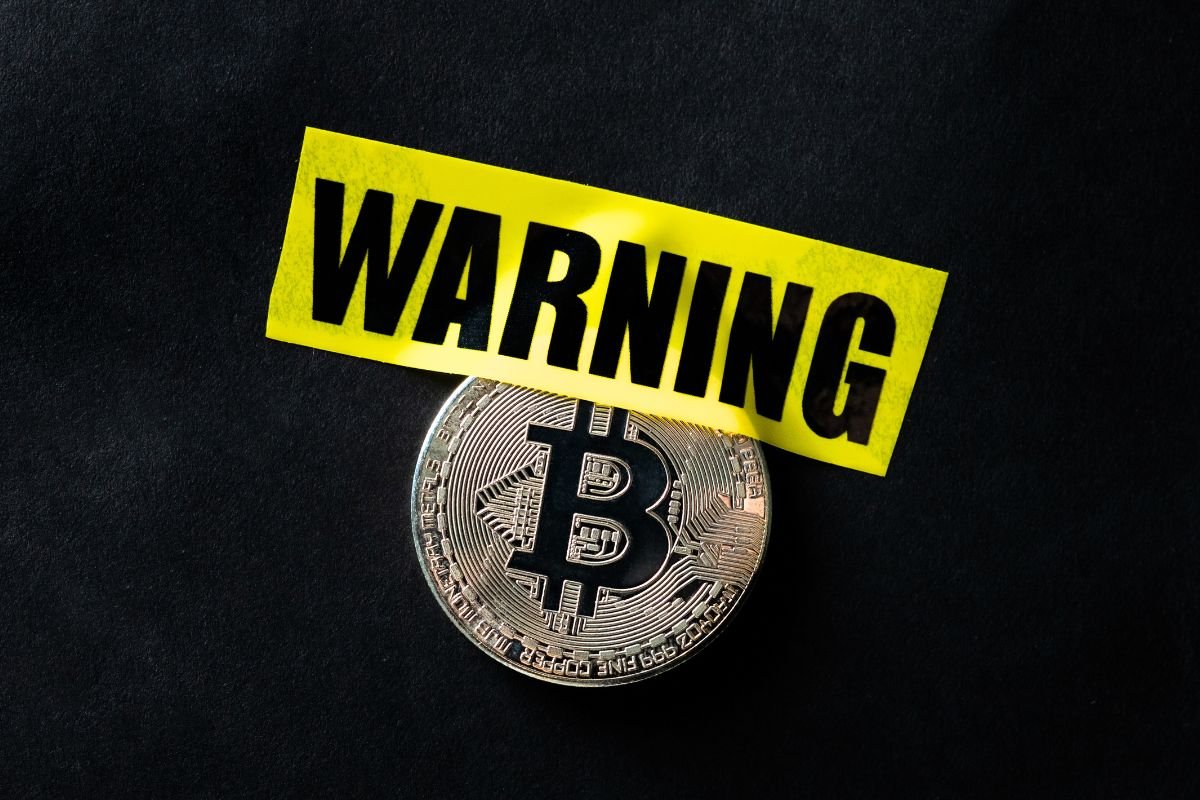
New to crypto? Here’s the best coin to start with
- Why Happiness Is the Real Currency—Better Than Any Crypto Investment - November 11, 2025
- How to start investing in cryptocurrency the smart way - September 1, 2025
- The 5 mistakes to avoid if you want to invest in crypto safely - August 31, 2025
Stepping into the world of cryptocurrencies can feel a bit like walking into a foreign market — everyone’s shouting, every stall looks tempting, and you’re not sure where to begin. Should you go with the familiar name that everyone talks about, or take a gamble on something newer? The good news: there’s a logical place to start.
Why Bitcoin is still the first stop
For most beginners, Bitcoin remains the easiest entry point. It’s the most widely known, the most traded, and it offers a simple use case: transferring money securely across borders without relying on banks or intermediaries. That visibility makes it less intimidating than some of the newer coins that pop up daily.
Yes, Bitcoin is volatile — prices swing up and down faster than you can refresh your trading app — but it also has the longest track record. According to CoinMarketCap, Bitcoin accounts for roughly half of the total crypto market capitalization, making it a central pillar of the industry. For someone new, starting here provides familiarity, liquidity, and plenty of educational resources.
Mistakes new traders should avoid
The excitement of crypto often leads beginners to rush in. I’ve seen friends throw their entire budget into a single token, only to panic-sell at the first dip. Classic error. Experts recommend starting small and resisting the urge to “go all in.”
Another common misstep is picking the wrong broker or trading platform. Some apps advertise low fees but lack proper regulation, which can put your money at risk. The U.S. Securities and Exchange Commission (SEC) repeatedly reminds investors to check whether a platform is registered and compliant before moving funds.
Finally, don’t skip the homework. Too many first-timers rely on social media buzz instead of reading guides, watching tutorials, or practicing with small amounts. Think of it like learning to drive: you wouldn’t jump straight onto the motorway without first spending time in a parking lot.
Other coins worth exploring
Once you’ve dipped your toes into Bitcoin, it might be worth exploring other well-established names. Ethereum is the second-largest cryptocurrency and powers countless apps, from decentralized finance to NFTs. Ripple (XRP) is often used for fast, low-cost international payments, while Cardano and IOTA are known for their focus on scalability and energy efficiency.
These coins aren’t just speculative bets — they each represent different technologies and communities. Exploring them helps new investors understand the broader blockchain ecosystem beyond just price charts.
Building your foundation
Getting started in crypto isn’t just about picking a coin — it’s about building confidence. Start with an asset like Bitcoin, learn how wallets, transactions, and exchanges work, and only then branch out. There are plenty of platforms that provide real-time charts, tutorials, and beginner-friendly tools to help you practice safely.
The truth is, there’s no single “perfect” coin for beginners, but choosing one of the established names gives you a strong foundation. From there, the best strategy is patience, education, and a healthy respect for risk management.
Because in crypto — just like in life — the more you understand the environment, the better your decisions will be.
You may also like
Calendar
| M | T | W | T | F | S | S |
|---|---|---|---|---|---|---|
| 1 | ||||||
| 2 | 3 | 4 | 5 | 6 | 7 | 8 |
| 9 | 10 | 11 | 12 | 13 | 14 | 15 |
| 16 | 17 | 18 | 19 | 20 | 21 | 22 |
| 23 | 24 | 25 | 26 | 27 | 28 | |


